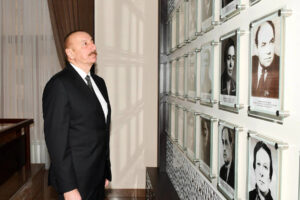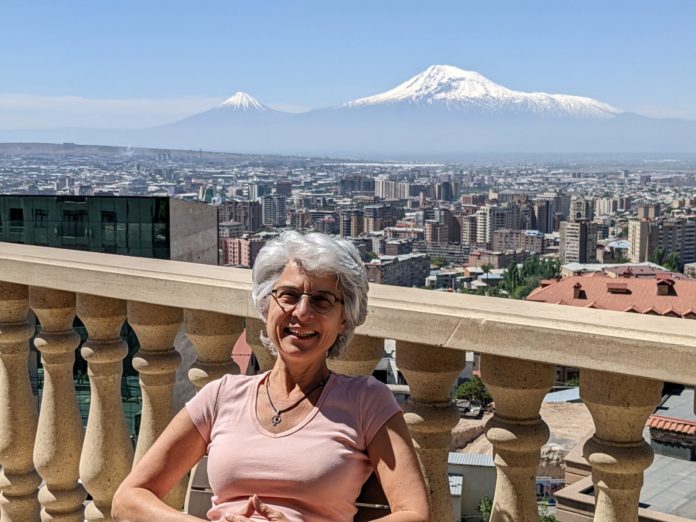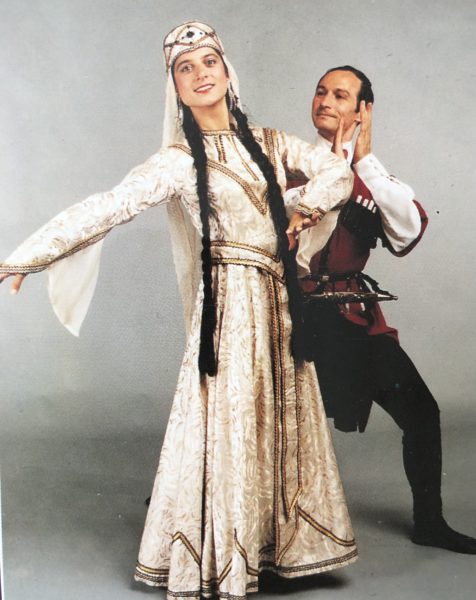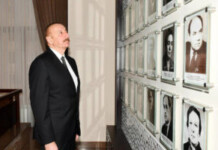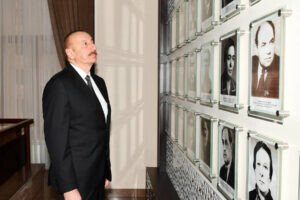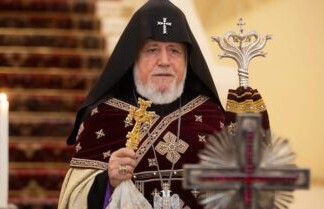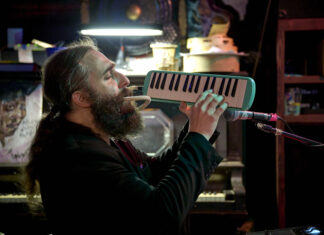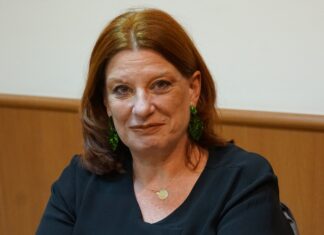YEREVAN — I got acquainted with Seda Devletian Papazian, a Belgian-Armenian now living in Yerevan, at the presentation of my book about Rouben Mamoulian. I appreciated that a repatriate who does not read Armenian fluently (yet speaking fluent Western Armenian), obtained the book. What was more interested me is Seda being a dance teacher in the past, so our next meeting was not too late, during which the following conversation ensued.
Seda, I am glad to have found another Diaspora Armenian figure in dance. How did dance enter your life?
I have always loved dancing, but when I was 14 years old, I started to dance seriously and every day after school I went to a dance class at the Royal Theatre of La Monnaie in Brussels. Maurice Bejart’s dancers also trained in the same building. My parents did not agree to my becoming a dancer, they did not like that atmosphere, but they did not mind me being a dance teacher, considering it a more acceptable job. Nevertheless, I have occasionally appeared on stage in various performances, including classical and modern ballet, as well as in opera performances, such as Wagner’s “The Valkyrie.” After school, I went to Antwerp, where I studied for two years at the school of the Royal Ballet of Flanders, which specializes in training ballet teachers. At the age of 20, I graduated with a degree, went to Paris, got married, and began teaching ballet at the Conservatory of 16th arrondissement of Paris. I taught for almost 20 years, and at the same time I started dancing in the Armenian “Nairi” dance group. When I met the dancer and musician Gerard Madilian, we formed the “Armen Dance” duo and started staging and presenting Armenian dance performances. We performed in Belgium and France (Paris, Lyon, Strasbourg and in 1988 at the Festival of Avignon).
Our most successful work was “The Princess of Armenia,” which we performed in French and Armenian schools. We used to tell fairy tales to the children in French. I was dancing solo, Gerard was dancing a shalakho, and at the end we all were dancing the kochari at the heroes’ wedding. It was a very successful performance, everyone loved it.
But you were more involved in pedagogy.
Yes, in parallel with the Conservatory, I managed the Seda Devletian Papazian Dance School in Paris for about 20 years. I had hundreds of students, from 5-6 years old to 40 years old and over.
